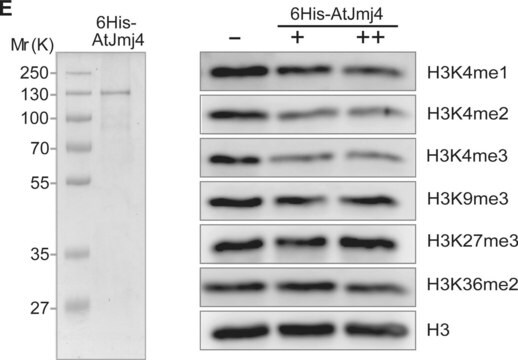157740
Iron(III) chloride
reagent grade, 97%
Synonym(s):
Ferric chloride, Iron trichloride, Molysite
About This Item
Recommended Products
grade
reagent grade
Quality Level
vapor density
5.61 (vs air)
vapor pressure
1 mmHg ( 194 °C)
Assay
97%
form
powder
greener alternative product characteristics
Catalysis
Learn more about the Principles of Green Chemistry.
sustainability
Greener Alternative Product
mp
304 °C (lit.)
greener alternative category
SMILES string
Cl[Fe](Cl)Cl
InChI
1S/3ClH.Fe/h3*1H;/q;;;+3/p-3
InChI key
RBTARNINKXHZNM-UHFFFAOYSA-K
Looking for similar products? Visit Product Comparison Guide
Related Categories
General description
Application
Signal Word
Danger
Hazard Statements
Precautionary Statements
Hazard Classifications
Acute Tox. 4 Oral - Eye Dam. 1 - Met. Corr. 1 - Skin Irrit. 2
Storage Class Code
8B - Non-combustible corrosive hazardous materials
WGK
WGK 1
Flash Point(F)
Not applicable
Flash Point(C)
Not applicable
Regulatory Listings
Regulatory Listings are mainly provided for chemical products. Only limited information can be provided here for non-chemical products. No entry means none of the components are listed. It is the user’s obligation to ensure the safe and legal use of the product.
ISHL Indicated Name
Substances Subject to be Indicated Names
ISHL Notified Names
Substances Subject to be Notified Names
JAN Code
157740-5G:4548173929033
157740-25KG:
157740-1KG:4548173929026
157740-BULK:
157740-20KG:4548173354903
157740-VAR:
157740-6X1KG:
157740-100G:4548173929019
157740-2.5KG:4548173354897
157740S-3.5KG:
157740-5KG:
Certificates of Analysis (COA)
Search for Certificates of Analysis (COA) by entering the products Lot/Batch Number. Lot and Batch Numbers can be found on a product’s label following the words ‘Lot’ or ‘Batch’.
Already Own This Product?
Find documentation for the products that you have recently purchased in the Document Library.
Customers Also Viewed
Our team of scientists has experience in all areas of research including Life Science, Material Science, Chemical Synthesis, Chromatography, Analytical and many others.
Contact Technical Service







